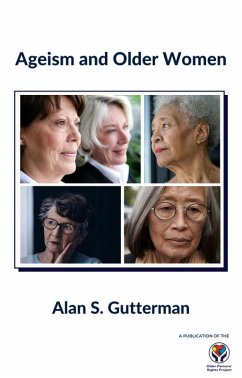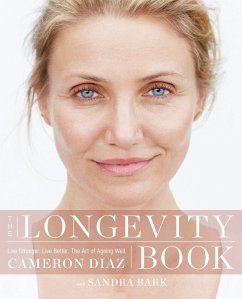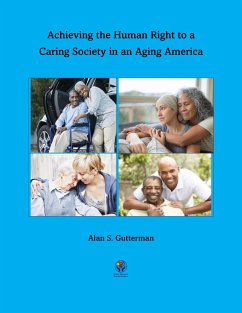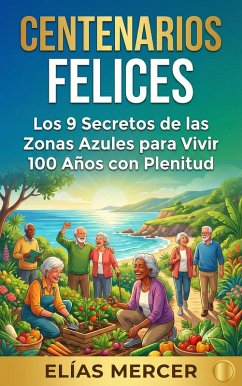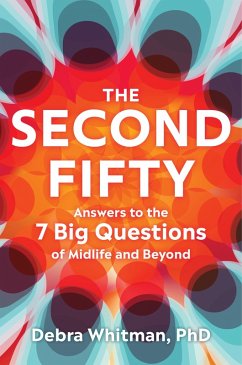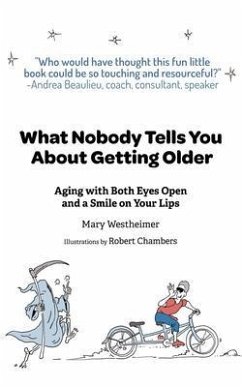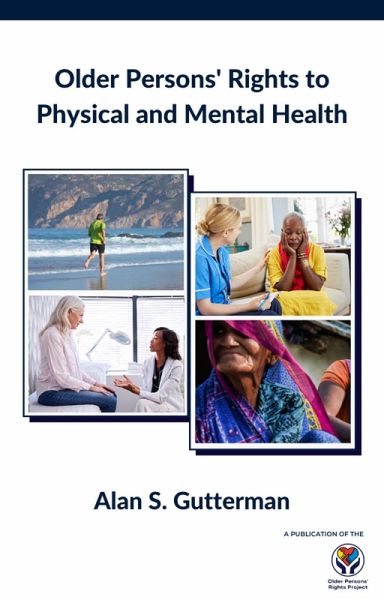
Older Persons' Rights to Physical and Mental Health (eBook, ePUB)
Sofort per Download lieferbar
0,00 €
inkl. MwSt.

PAYBACK Punkte
0 °P sammeln!
The right to health has been provided for and/or recognized in most of the core international human rights treaties as well as other international and regional instruments and declarations, and is closely related to and dependent upon the realization of other human rights such as the rights to food, housing, work, education, human dignity, life, non-discrimination, equality, privacy and access to information. Older persons are entitled to all of the recognized civil, political, economic, social and cultural rights, including the right to health, since such rights are universal and thus belong ...
The right to health has been provided for and/or recognized in most of the core international human rights treaties as well as other international and regional instruments and declarations, and is closely related to and dependent upon the realization of other human rights such as the rights to food, housing, work, education, human dignity, life, non-discrimination, equality, privacy and access to information. Older persons are entitled to all of the recognized civil, political, economic, social and cultural rights, including the right to health, since such rights are universal and thus belong to all human beings. Both the United Nations and the World Health Organization ("WHO") have taken noting of the ageing of the population globally and the WHO has observed that while a longer life brings with it opportunities, not only for older people and their families, but also for societies as a whole, realizing those opportunities and harvesting the contributions that older people can make to their families and communities depends heavily on health, and the WHO expressed concern that there was little evidence to suggest that older people today are experiencing their later years in better health than their parents. This book covers the human rights to health for older persons, various initiatives of the WHO relating to healthy and active aging, ageism and health, rights to health among older women and older people with disabilities, long-term care, palliative care, health-related lessons from the Covid-19 pandemic and necessary improvement to the training and practice of geriatric medicine.
Dieser Download kann aus rechtlichen Gründen nur mit Rechnungsadresse in A, B, CY, CZ, D, DK, EW, E, FIN, F, GR, H, IRL, I, LT, L, LR, M, NL, PL, P, R, S, SLO, SK ausgeliefert werden.




